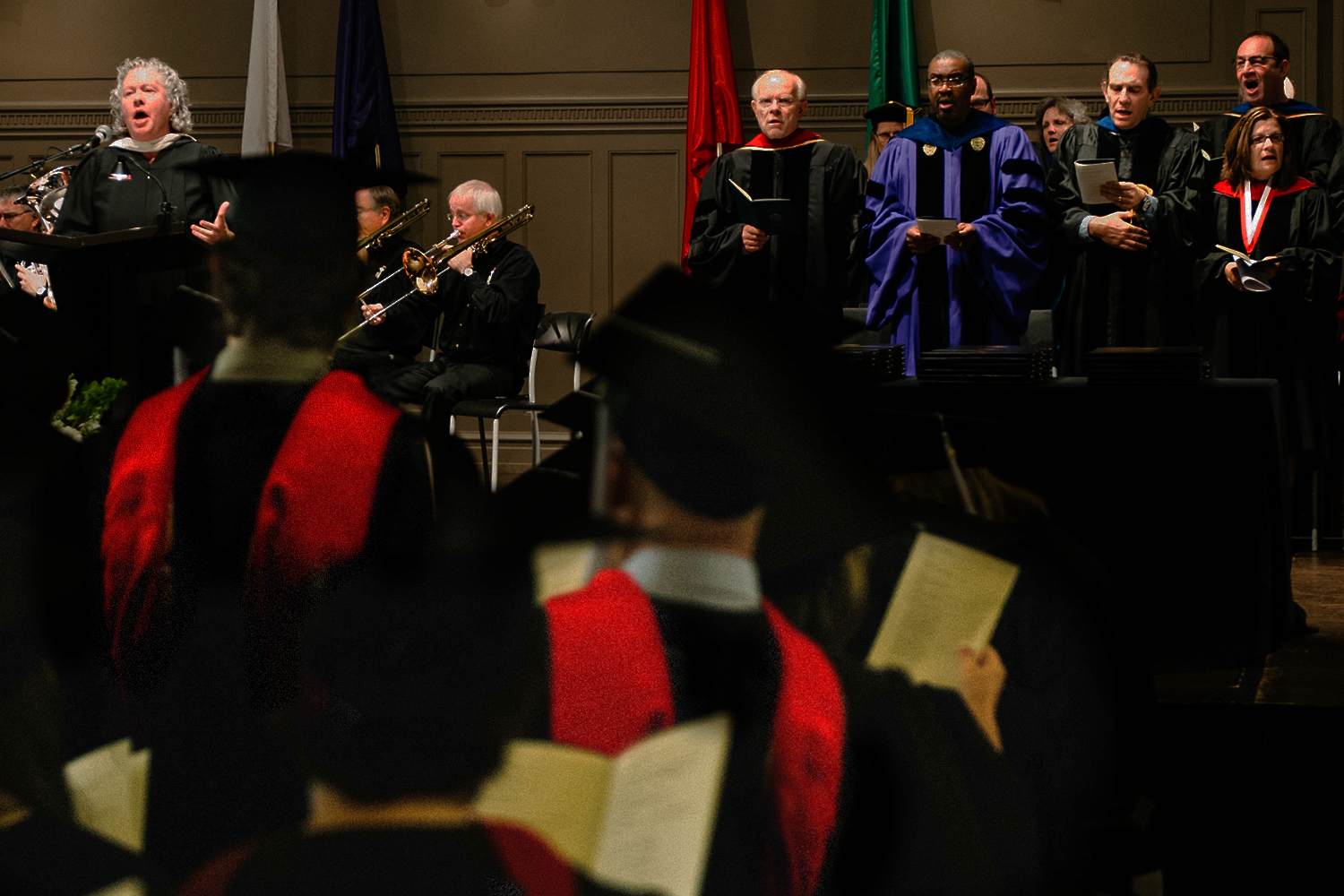We started The Seattle School of Theology & Psychology for one reason: to start an MDiv program.
One evening, I sat around the kitchen table, reminiscing with friends and colleagues about our time in seminary. All of us, except one, had received an MDiv and found it equally life-changing and profoundly frustrating. We all found the seminary experience more formative than any other educational experience, yet what we each found frustrating was the failure of the seminary to engage us as people with unique stories and dreams. Those had to be left outside the door to focus on the pre-packaged curriculum delivered in one-way lecture format. We were note-taking automatons who only got the chance to engage the material once we left the classroom. And we did, but without the insight and nuance that we dreamed might be offered if our professor actually joined the conversation.
I could remember these conversations with my peers in seminary 20 years later sitting at that kitchen table, and even today as I write these words. I frankly don’t recall the classes that made up my MDiv, even though by and large they are what determined whether I received the degree. I always felt like that educational model didn’t fit someone like me who wanted to wrestle with the material. I also wondered if it was actually detrimental for the compliant student who took in each word as if were just a notch lower than the canon.
Years later, sitting around that kitchen table with those people, we began turning our frustrations about this life-changing experience into a dream: what if there were a new type of MDiv? We wanted to be part of a school where both students and professors knelt together, knew their interdependency, were curious about each other’s stories, and approached the text and the task of theology as an entry into vast unknown of God’s goodness. Seminary education is meant to be the cry of “I believe, help my unbelief!” and those who teach, because they have hopefully been involved in the endeavour longer than most students, ought to be more desperate: more believing, more unbelieving, and therefore more in need of help.
We wanted to be part of a seminary education where students had the chance of coming to faith—new faith, old faith, growing faith—and where the professors could come to faith as well. It had to be a place where the brokenness of our life and our theology meets the beauty of what has already been engaged with God and yet is not yet finished. Our human engagement with God is not a map – the cartographer can never quite capture the map of God’s presence in the world because it is always shifting.
The story of getting from that kitchen table to Seattle is a longer and harder journey than I can share with you now, but in 1997 we started what was to become The Seattle School of Theology & Psychology to enact the dream birthed around that kitchen table: starting a new and different MDiv program. So many other wonderful programs and offerings have accompanied that vision, but it remains the core of the school’s founding. Stepping into The Seattle School was not unlike stepping into a marriage. It was sexy and I was certain it was destined—yet it was also a really stupid, risky move that has broken, mended, and enlivened us over and over again. This is often, I am told, the experience of being a student in this place as well. Yet what holds true for my journey at this place, and I hope for yours, is an abiding belief that wrestling with God, even through the night until the blessing breaks our knees, is worth every dollar and ounce of energy to create and to grow into the calling God has for you.

